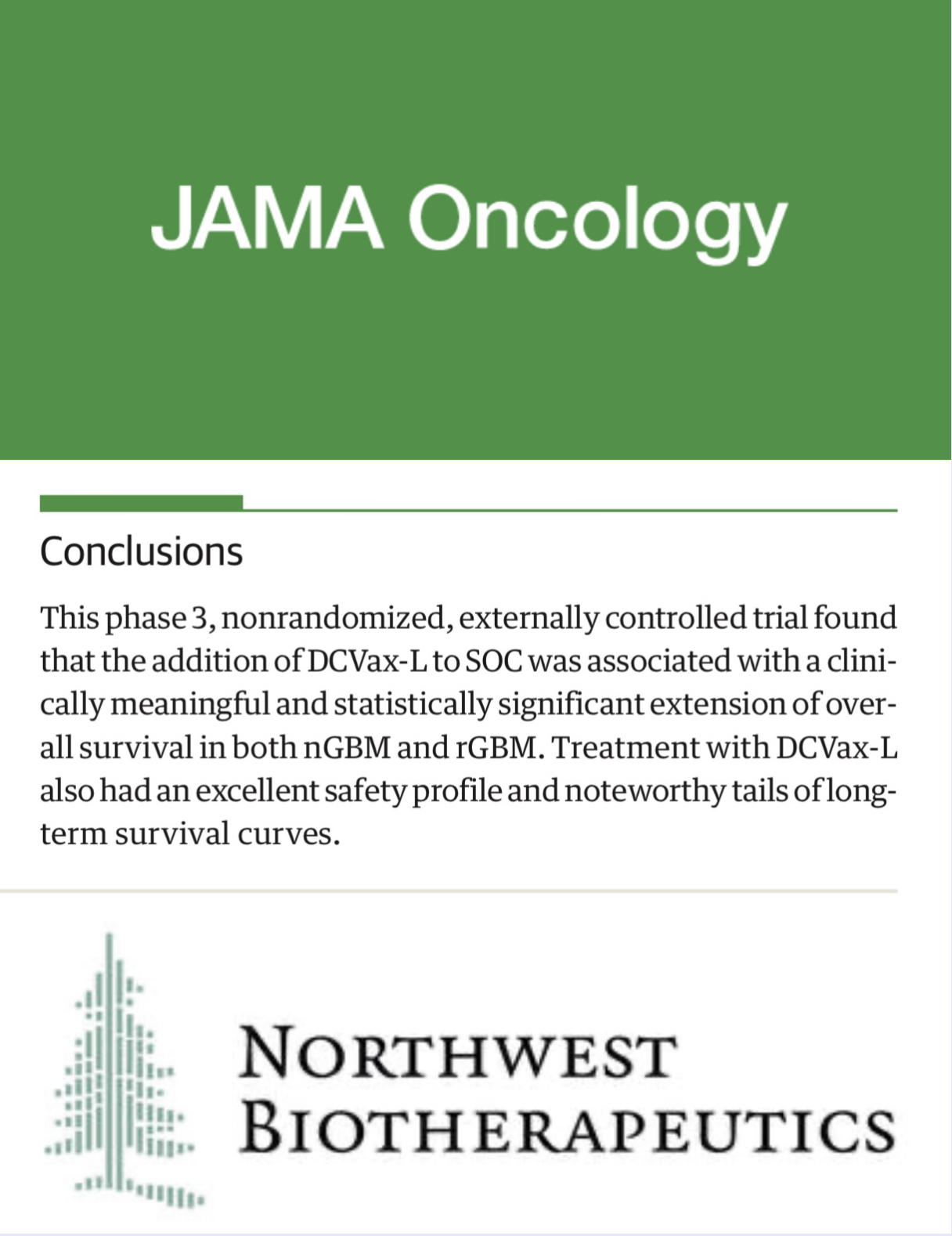Biomarker-Directed Radiotherapy in Breast Cancer: A Narrative Review.
IF 22.5
1区 医学
Q1 ONCOLOGY
引用次数: 0
Abstract
Importance Integration of molecular biomarker information into systemic therapy has become standard practice in breast cancer care. However, its implementation in guiding radiotherapy (RT) is slower. Although postoperative RT is recommended for most patients after breast-conserving surgery and, depending on risk factors, following mastectomy, emerging evidence has indicated that patients with low scores on gene expression signatures or selected clinical-pathological features may have very low local recurrence rates. This narrative review explored the potential of biomarker-directed personalized RT approaches, which may optimize treatment strategies and be associated with improved patient outcomes and experiences. Observations Distinctions between prognostic and predictive biomarkers were highlighted, emphasizing the importance of analytical and clinical validity in biomarker-based studies. Findings from studies investigating the prognostic and predictive value of various genomic signatures and immunohistochemical markers for guiding breast RT were presented. These included the Adjuvant Radiotherapy Intensification Classifier and the Profile for the Omission of Local Adjuvant Radiation, which have shown potential in predicting RT benefits. The genomic-adjusted radiation dose and role of tumor-infiltrating lymphocytes were also discussed. Ongoing clinical trials exploring the use of biomarkers in ductal carcinoma in situ and invasive breast cancer to refine RT decision-making were illustrated. Conclusions and Relevance The results of this narrative review suggest that evidence-based shared decision-making is crucial to optimize treatment according to the individual's predicted benefits and risks along with their personal preferences. Incorporation of biomarker-directed approaches in RT for breast cancer may hold promise for personalized treatment, potentially facilitating omission of RT for patients at low risk of recurrence, while identifying those who may benefit from intensified therapy. This personalized RT approach may be associated with improved clinical outcomes and quality of life and facilitate decision-making for people with breast cancer. However, there remains a need for robust clinical and analytical validation of biomarkers to ensure reliability and clinical utility for RT optimization.生物标志物定向放疗在乳腺癌中的应用综述
重要性将分子生物标记信息纳入全身治疗已成为乳腺癌治疗的标准做法。然而,其在指导放射治疗(RT)中的应用却较为缓慢。虽然大多数患者在接受保乳手术后都建议进行术后放疗,而且根据风险因素,乳房切除术后也建议进行术后放疗,但新出现的证据表明,基因表达特征或选定临床病理特征得分较低的患者的局部复发率可能很低。本综述探讨了以生物标志物为导向的个性化 RT 方法的潜力,这种方法可能会优化治疗策略并改善患者的预后和体验。会上介绍了对指导乳腺 RT 的各种基因组特征和免疫组化标记物的预后和预测价值的研究结果。其中包括 "辅助放疗强化分类器"(Adjuvant Radiotherapy Intensification Classifier)和 "局部辅助放疗遗漏概况"(Profile for the Omission of Local Adjuvant Radiation),它们在预测乳腺放射治疗的获益方面已显示出潜力。会上还讨论了基因组调整放射剂量和肿瘤浸润淋巴细胞的作用。本综述的结果表明,以证据为基础的共同决策对于根据个人预测的获益和风险以及个人偏好优化治疗至关重要。在乳腺癌的 RT 治疗中纳入生物标志物导向方法可能会为个性化治疗带来希望,有可能帮助低复发风险患者省去 RT 治疗,同时识别那些可能从强化治疗中获益的患者。这种个性化 RT 方法可能会改善临床疗效和生活质量,并有助于乳腺癌患者做出决策。然而,生物标记物仍需经过严格的临床和分析验证,以确保其在 RT 优化方面的可靠性和临床实用性。
本文章由计算机程序翻译,如有差异,请以英文原文为准。
求助全文
约1分钟内获得全文
求助全文
来源期刊

JAMA Oncology
Medicine-Oncology
自引率
1.80%
发文量
423
期刊介绍:
JAMA Oncology is an international peer-reviewed journal that serves as the leading publication for scientists, clinicians, and trainees working in the field of oncology. It is part of the JAMA Network, a collection of peer-reviewed medical and specialty publications.
 求助内容:
求助内容: 应助结果提醒方式:
应助结果提醒方式:


